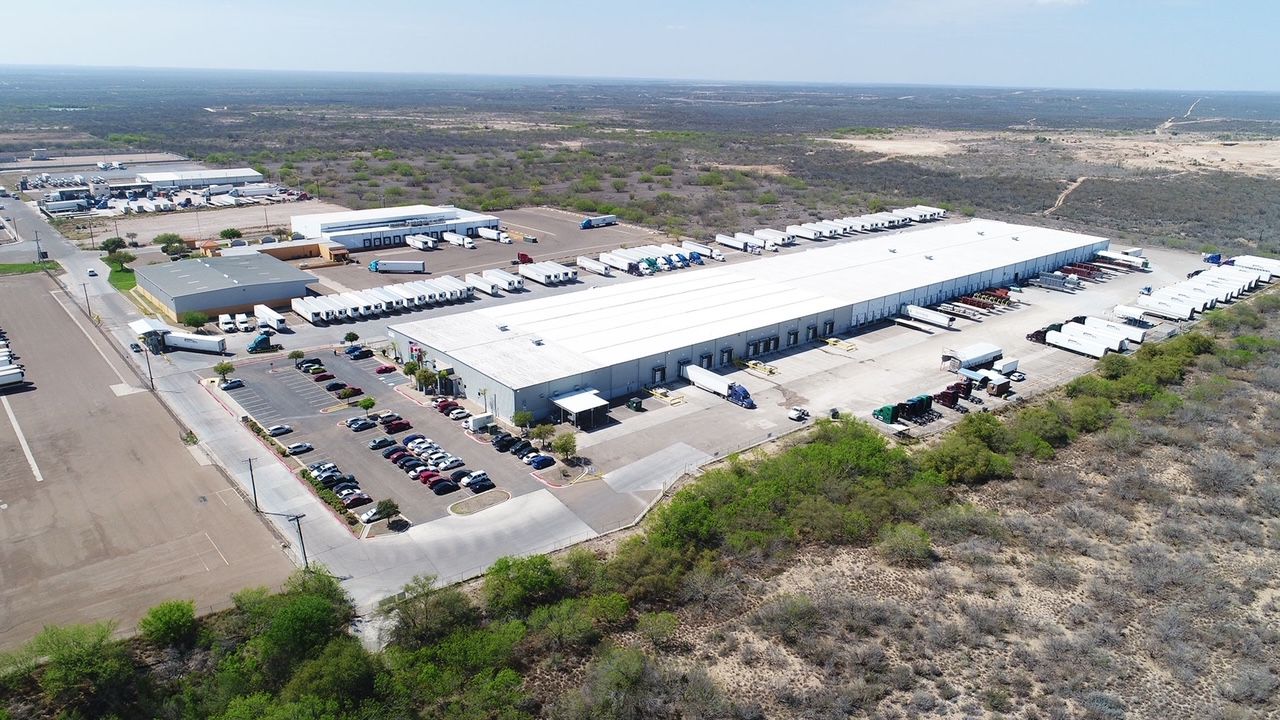LOS ANGELES — Armed with $200 million, BH Properties expected to scoop up distressed commercial real estate in the onslaught of the coronavirus pandemic.
That didn't fully materialize last year as a moratorium on foreclosures and evictions on commercial buildings in the state allowed upside-down building owners to hold on to their assets.
But this year, that expects to change. The commercial eviction moratorium in California ends in March 2021.
The Los Angeles-based commercial real estate company is ready to pounce on defaults, bankruptcies, and other distressed assets that couldn't weather the coronavirus pandemic.
"It's an interesting market right now, and we're seeing activity pick up more so than in 2020," said Andrew Van Tuyle, the senior managing director at BH Properties. "We had an expectation that there was going to be an event similar to what happened in the 2008, 2009 Great Recession, where you saw that the bankruptcies associated with retail would create market opportunities."
As the coronavirus pandemic continues and the moratorium ends later this year, experts expect more commercial real estate owners, who can't make their mortgage payments, are going to file bankruptcy or foreclosure.
State and local shutdown orders to prevent the spread of the virus forced many workers to work from home, led to less foot traffic at malls and other retail shops, and nearly wiped out the hotel and hospitality industry. While the industrial, warehouse, multifamily, and office sectors remained resilient during the pandemic, and in some cases, thrived, some in the retail, hospitality, and hotel sectors couldn't weather the storm.
According to Bloomberg, citing commercial real estate analytics company CoStar, bankruptcies and delinquencies are slated to rise, with more than $126 billion in commercial real estate assets expected to sell at distressed prices in the next two years and reach $321 billion by 2025. In a worst-case scenario, Bloomberg notes, that distressed assets could reach $659 billion.
"The biggest difference between this recession and the last one is, while every recession is uneven, this one is particularly uneven," said Xiaojing Li, managing director at CoStar Risk Analytics, according to the Mortgage Professional America. "The hotel, lodging, and retail sectors are particularly distressed while offices, apartments, and warehouses are relatively resilient right now."
Li said that there are $200 billion of capital from private equity firms and hedge funds to investment firms looking to snatch up these distressed assets.
"Overall, you can see property sectors outperform or underperform, but definitely there's going to be losers and the winners in different geographic locations and in different sub sectors," Li said.
BH Properties, which owns and operates about 10 million square feet of commercial real estate across 19 states, is not new to snatching up distressed assets.
In the 2000s, BH acquired property from the bankruptcy and liquidation of former furniture giant Heilig-Meyers. According to officials, the firm was also the winning bidder of assets from the Radio Shack and Golfsmith bankruptcies.
BH officials launched the $200 million fund last July. The company said they are looking to finance and acquire troubled middle-market real estate assets in receiverships or facing bankruptcy in core markets such as Los Angeles, Texas, and Nashville.
The company has closed on about $40 million worth of distressed deals so far, including a 10-story commercial building in San Antonio, Texas, a cold and dry storage warehouse in Laredo, Texas, and under contract for a property development deal in Los Angeles.
"We think this is the calm before the storm," said Van Tuyle. "We're expecting 2021 and even more so, 2022 to be way more active on the distressed side."
While some people may look at BH Properties and other opportunists as sharks preying on the less fortunate, this is business as usual. There is a far greater trickle-down effect by keeping a property vacant.
"We're not the only ones that have a vested interest in this," said Rowan Sbaiti, senior managing director at BH Properties. "If a hotel sits vacant or a retail center can't operate and [is] vacant, the localities and municipalities where those are located are losing out on tax dollars. That's putting additional strain on the already strained local government budget. It could reduce service level or less money for education.
"What we do is help clean those things up from a balance sheet level for the business, and it also helps the cities. By bringing those properties back up to market competitiveness, so that property keeps earning the taxes," Sbaiti said.



